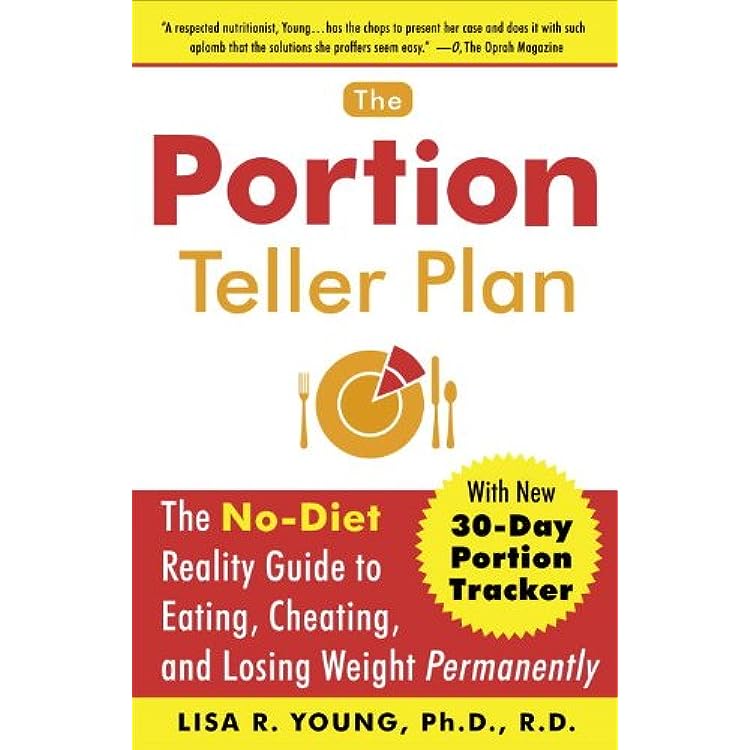We’re talking about ‘PRE-DIABETES, PCOS & REGAINING YOUR POWER’ with musical inspiration from Angie Stone.
Angie Stone is an American singer, songwriter, actor, and record producer living with type 2 diabetes. She rose to prominence in the late 1970s after joining the hip-hop ensemble The Sequence.
She was diagnosed with Type 2 diabetes in 1999. “I was always on the go, and thought I was too busy to develop something like this,” Stone said. “I thought at the time that diabetes went along with bad habits, but I was the last one in my family to eat junk food.”
Angie Stone didn’t realize her family history of diabetes and ongoing weight issues made her more likely to develop type 2 diabetes.
“I came to accept my diabetes when I realized just how many people around me, even in my own family, were living with diabetes,” she says. “It gave me back a lot of courage to see all these people just like me, going places, involved in normal things, and I became determined to learn what I needed to better manage my diabetes.”
Today, Angie Stone’s diabetes health seems to be seeing brighter days.
According to reports, she lost one hundred pounds after undergoing gastric sleeve surgery.
Still, she’s alienated me with the lyrics to her song, 2 Bad Habits.
“You’re like sweet, brown sugar to a diabetic
Got me overdosing, I’ma need a paramedic
Yeah I said it
If I can’t see you at all, I’m going through withdraws, I
Just can’t get enough of you, baby”
Making light of mismanaged diabetes in a love song isn’t my cup of tea. I’m certain anyone with a friend, co-worker, or loved one who experienced a diabetes-related complication would agree with my opinion.
Pre-diabetes means blood glucose levels are higher than normal but not high enough to be called diabetes. Prediabetes makes you more likely to develop type 2 diabetes, heart disease, and stroke.
PCOS (Polycystic Ovarian Syndrome) is a condition that causes an imbalance of female sex hormones. As a result, women with PCOS often don’t have menstrual periods or only have periods on occasion. It is the number one cause of female infertility. PCOS causes insulin resistance, the hallmark of type 2 diabetes.
More than half of women with PCOS develop type 2 diabetes by age 40.
Although PCOS is not curable, the condition can be treated. Insulin resistance in PCOS may be treated to help improve symptoms of PCOS and to prevent diabetes.
Like many women, Angie Stone put off taking care of her health to take care of others and manage her career. “I was always on the go, and thought I was too busy to develop something like this,” she said. “I thought at the time that diabetes went along with bad habits, but I was the last one in my family to eat junk food.”
Podcast guests: Poet Lorraine Brooks, PCOS Diva founder Amy Medling, Dr. Beverly S. Adler PhD, CDE, Dr. Sara (Mandy) Reece PharmD, CDE, BC-ADM- PCOM, Patricia Addie-Gentle RN, CDE, Jeff James, and Mama Rose Marie.
Angie Stone has released her anticipated 10th studio album Love Language on all music platforms. The 11-track album features contributions from songwriters/producers Walter Milsap, Candice Nelson, and Balewa Muhammad and includes guest appearances from Musiq Soulchild and, for the first time, her son, Swayvo Twain.
Throughout this podcast, we feature songs from Stone Hits: The Very Best of Angie Stone courtesy of SONY Music.
Catherine Schuller moderates a panel featuring Dr. Julianne Arena, MD, FACOG, ABAARM, Sweet Romance: A Woman’s Guide to Love And Intimacy With Diabetes co-author, COO for Diabetes Sisters Donna Rice MBA, BSN, RN, CDCES, FADCES, and photographer, Amparo. Amparo discovered, quite unexpectedly, in the ER that she has diabetes after doctors told her her glucose level was over 800! Over the past six months, she’s been taking charge of managing her diabetes while facing hormonal changes during menopause – it’s a true Divabetic Victory story.
After our panel, Stacey Harris, The Diabetic Pastry Chef, demonstrates how to make her famous Sugar-Free Rum Cake Recipe and shares baking tips using popular sugar substitutes in your favorite recipes.
Stacey was attending culinary school when she was diagnosed with diabetes. She thought her career was over, not to mention her lifetime love affair with desserts. Her devastation gave way to innovation, resulting in the inventive and simple substitution system presented in her book. Stacey Harris, a caterer specializing in pastries, has been baking and collecting recipes since she was a teenager. She is a member of The American Diabetes Association, and her baking techniques have been featured in their magazine, Diabetes Forecast. Her book, Sugar-Free Sweets, is available now.
The purpose of World Menopause Day is to raise awareness of menopause and the support options = for improving health and wellness.

















